![]()
» One Foreign Minister, So Much Media Frenzy
The editorial of Bahar daily asks why the trip of French foreign minister created so much negative reaction in most of the public media that is run by a certain hardline “minority” who are trying to impose their “own reading” on the majority of Iranian people.
According to the editorial, even though this hardline faction within the political establishment has faced people’s negative response in different elections, it still influences decision-making centers in the country with its extreme thoughts due to power leverages it has in its possession. This isn’t true just in foreign policy; it can be also traced in different fields – from culture and economy to social problems and domestic politics.
The editorial continues: by looking at opinions and measures of these people with regard to French foreign minister’s trip to Iran, it can be seen that they used all their efforts and planning to create a heavy atmosphere against the French government so that they can make this trip and meetings between Iranian and French officials useless. The hardline faction doesn’t seem to have any particular issue with FM Le Drian or French President Immanuel Macron, but rather they have problems with the totality of the idea of “west”. Without any understandings about complexities of “west”, they are completely against it and reject it, believing that antagonism with “west” is one of the inherent features of 1979 revolution.
The editorial concludes: protests and expressing worries over Iranian officials’ trips to Europe or over the presence of officials of European countries in Iran is rather because of this antagonism with “west” than existing realities in the political scene. The great challenge of the moderates in Iran and the government is exactly with this group that creates huge obstacles on the path of making great decisions in the country, such as issues in foreign policy.
An Editorial in Bahar on March 7, 2018
» Kerry-Zarif Recent Meeting: Reactions, Analysis
This editorial looks at the recent meeting between former US Secretary of State John Kerry and Iran Foreign Minister Mohammad Javad Zarif from different angles.
The editorialist begins by reactions to the meeting of FM Zarif and his former U.S. counterpart Kerry on the sidelines of a Munich conference. As expected, the radical, anti-government media in Iran slammed the meeting as they are under the impression that no Iranian authority has the right to talk to a U.S. official. Furthermore, the official announcements about this event have not been transparent. For instance, Iran’s Foreign Ministry spokesperson merely said the meeting was to the country’s national interests, hence increasing speculations in this regard.
The editorialist maintains that on the one hand, Kerry-Zarif meeting can be considered as a continuation of public diplomacy of Rouhani’s administration as Kerry can convey the messages of Iran’s moderate politicians to a part of U.S. administration in the Congress. On the other hand, this meeting signifies that the two major parties of the nuclear deal have started a negotiation to keep JCPOA safe from Trump’s administration.
However, it might be wiser if Iranian authorities directly negotiate with the current U.S. officials, instead of speaking with those who no longer play a role in the U.S. administration. Overcoming obstacles in the way of JCPOA implementation necessitates face-to-face meetings with different parties of the nuclear deal, concludes the editorial.
An Editorial in Bahar daily on March 5, 2018
» Green Light to Referendum
This editorial addresses the necessity of conducting a referendum in Iran, referring to the country’s constitution as well as the recent comments of authorities.
The editorialist considers referendum as a solution to those problems of society which cannot be tackled by branches of the government. According to article 177 of Iran’s constitution, the Supreme Leader can issue an edict to the President for revision of the constitution. Article 59 of Iran’s constitution says that the legislative branch can be exercised through reference to direct public vote. Per to the same article, the request to appeal to public votes must be approved by two-thirds of all the representatives of the parliament. Needless to say, all parliamentary approvals should be confirmed by the Guardian Council.
The editorialist continues that the Guardian Council spokesperson, Abbas Ali Khadkhodaei, has recently shown the council’s consent to holding a referendum, implying the necessity of appealing to public vote for the country’s key issues that have remained unsolved. The editorial concludes that as President Hassan Rouhani brought up the issue of a referendum to which the Guardian Council has expressed its agreement, the green light has been already given in this regard.
An Editorial in Etemad daily on March 4, 2018
» Putin Big Military-Political Shock
The editorial of Ettelaat newspaper deals with Russian President Vladimir Putin’s annual speech in which he gave a report of Russia’s new military-nuclear power, shocking the U.S. and Europe.
According to the editorial, even though officials of Pentagon and the White House tried to undermine Russian president’s speech, all military experts and strategists in the U.S. and Europe called it a military-political shock against the west, talking about the beginning of a new era of nuclear arms race with new destructive weapons in the west and the east. U.S. President Trump talked with leaders of German, French and British governments about Putin’s speech.
The editorial continues: what started with Putin’s speech is return to arms race between Russian and the U.S., years after the end of cold war and global muscle flexing of two superpowers – Russia and the U.S. In this speech, Putin openly warned the west, particularly Trump: “we will not hesitate in using new nuclear weapons in defending ourselves and our allies.” This competition will result in more regional crises in the world, threatening the international peace.
The editorial concludes: Trump already has a lot of domestic problems, and Putin’s speech will augment Trump’s problems in the international scene, making U.S. allies (European Union) to reassess the new conditions and their own future.
An Editorial in Ettelaat on March 4, 2018
![]()
♦ Lawmaker: France has no right to decide for us
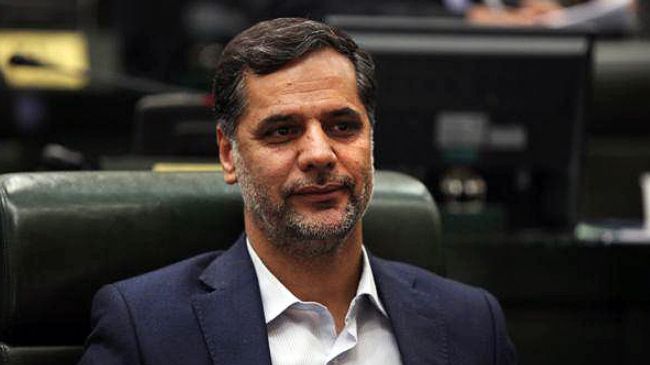
Hossein Naqavi Hosseini, the spokesperson of Parliament’s National Security and Foreign Policy Commission, pointed out to French foreign minister’s remarks as to his trip aiming at missile talks with Iran, saying “Le Drian’s claims are nonsense.” Naqavi added, “Iran’s missile program is not negotiable at all, and we won’t allow anyone to bring up the issue.”
As to the question why French and western officials repeat such claims, Naqavi urged that “they bring up their wishes; they don’t decide for us, but it is for us to determine the framework of negotiations”.
Student News Network
♦ Lawmaker threatens Hassan Rouhani with impeachment
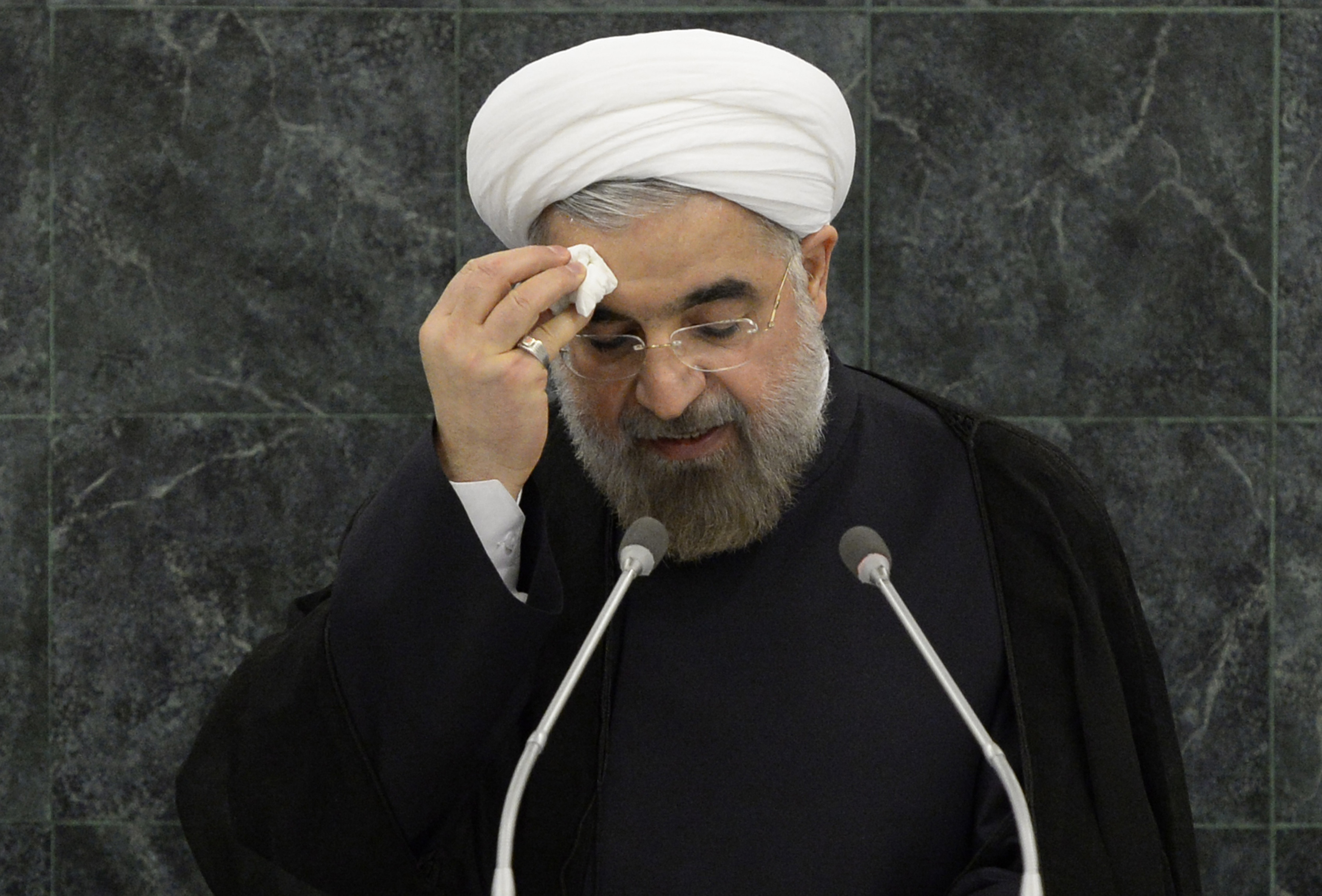
Ahmad Salek, Isfahan MP and member of Combatant Clergy Association, threatened Iranian president with impeachment and announcing his political incompetence in the Parliament. Salek said, “Mr. Rouhani, you cannot distance yourselves from your duties by creating sideline stories every week; how will you respond to shortcomings in employment, discrimination and administrative corruption?”
Salek addressed Rouhani, saying, “during your two terms, you have insulted people more than 50 times. At different periods, you have called your opponents as unwise, illiterate, cowards and ignorant. This is not appropriate for the president.”
Khabar online
♦ Identification of 200 dual nationals
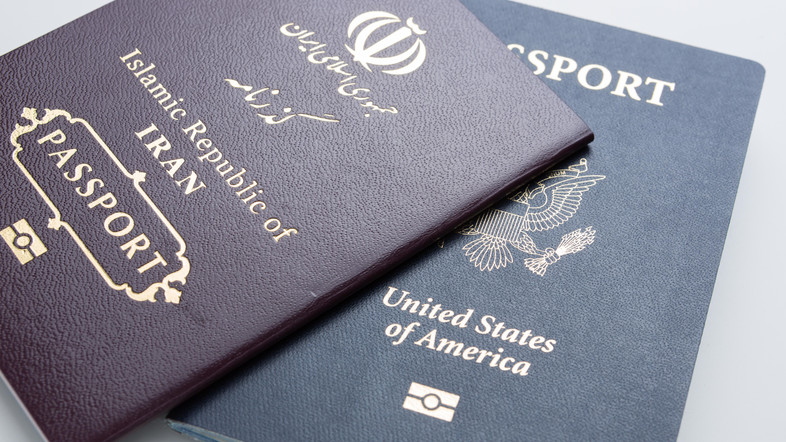
Nishapur MP Hajar Chenarani said according to intelligence ministry, there are more than 200 nationals in the country’s management, which is a “serious threat” against the establishment. According to Chenarani, intelligence ministry has announced to the Parliament’s investigation committee that studies show that there is a significant number of managers with dual nationality or U.S. Green Cards, adding that 210 managers with dual nationality in 19 fields have been introduced during past two years. She also asked Iran’s Attorney General to remove these managers from their positions.
Arman Emrouz
♦ Iran-Iraq to sign cooperation documents
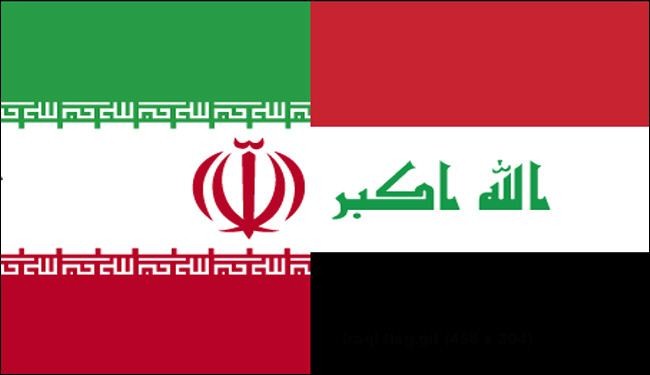
Press advisor to the Iranian embassy in Iraq announced that during a 3-day trip of Iran’s First Vice President Eshaq Jahangiri to Iraq, a cooperation document with 10 articles will be signed between officials of the two countries in trade and economic fields. Amirshahi added that a high-ranking economic delegation from Iran headed by Minister of Industry, Mines and Commerce Mohammad Shariatmadari went to Iraq this week and met with their Iraqi counterparts, including Iraq’s planning minister.
ISNA
♦ IRGC official: Our military productions tripled
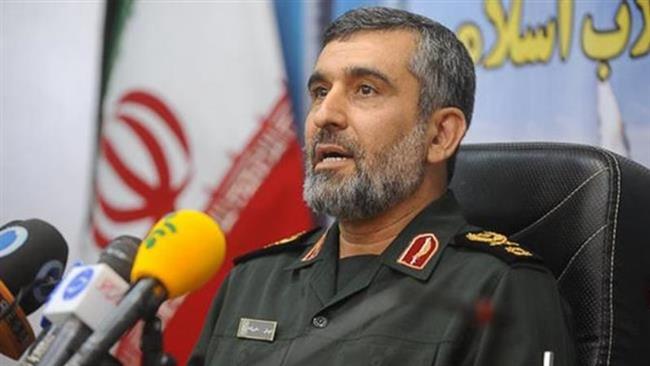
Commander of IRGC Aero-Space General Ali Hajizadeh announced that “our military productions have tripled compared to the past.” Hajizadeh urged that “the enemy’s move to limit our defense power has a reverse effect”, adding that “previously we had to reason with the Parliament and the government in this regard, but now all statesmen agree with it and our productions have tripled.”
Tasnim news
♦ Son of Ayatollah Shirazi arrested in Iran
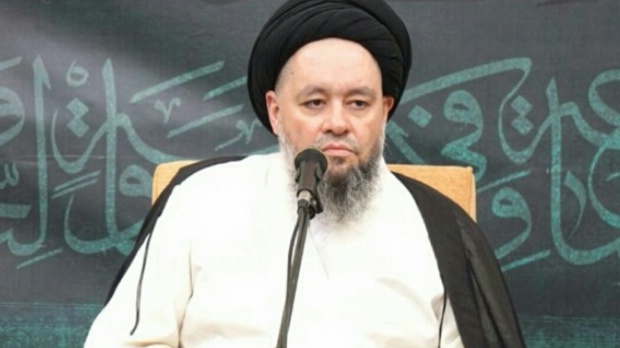
Sources close to Ayatollah Shirazi, a Shia Grand Ayatollah, say that his son Hossein Shirazi was arrested on Tuesday. They say that Hossein Shirazi was arrested by regime’s forces, and has been taken to an unknown place.
Mohammad Shirazi is one the critics of the Iranian regime and his son Hossein Shirazi who is a cleric himself has recently compared the supreme leader’s position in Iranian regime to that of “Egypt’s Pharaohs” who considered themselves above any criticisms and accountability.
Peyk Iran
♦ More than 3 million unemployed in Iran
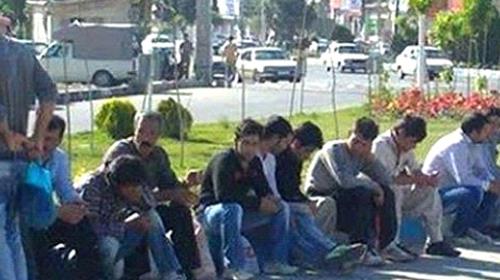
Omid Ali Parsian, head of Statistical Center of Iran, said by comparing the statistics of the first 9 months of this year with last year, “we realize that the rate of unemployment has decreased 0.3%.; furthermore, 836,000 people have been added to the active job market”. Parsian added that the number of those who are absolutely unemployed in Iran is 3,226,000 people, urging that comparing these numbers with last year and even with before the revolution shows that employment in the first 9 months of this year has improved this year, “but we are still far from the desirable condition.”
Hemayat
♦ Impeachment of road and labor ministers next week
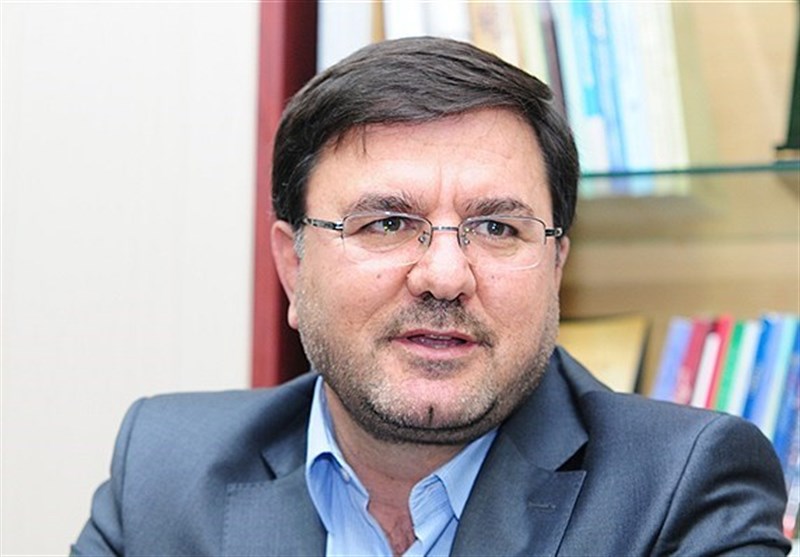
Spokesperson of Parliament’s board of directors Behrooz Nemati said Road and Urban Development Minister Abbas Akhoundi and Labor and Social Welfare Minister Ali Rabiee will be impeached next Tuesday or Wednesday. Nemati said given the fact that impeachment of Rabiee and Akhundi have been announced on Tuesday, the ministers have 10 days to become present in the Parliament.
Abrar Eghtesadi
♦ Cause of deaths of air crash victims announced
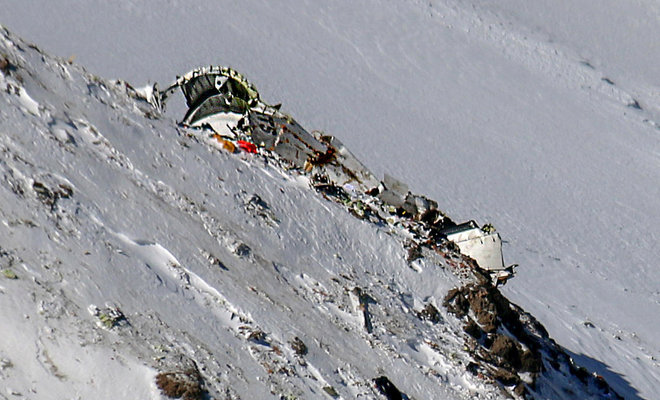
Manager of Legal Medicine of Kohgiluyeh and Boyer-Ahmad Province pointed out to the identification of 59 bodies of victims of an air crash, announcing the cause of their deaths. Kamrooz Amini explained about the cause of victims’ deaths that it was because of numerous severe damages due to being hit by hard objects during the crash and not by severe cold weather.
Recently, there was an airplane crash in central Iran in which 66 people on board were all killed.
Ebtekaar
♦ Development of joint economic, investment relationship between Iran, Russia
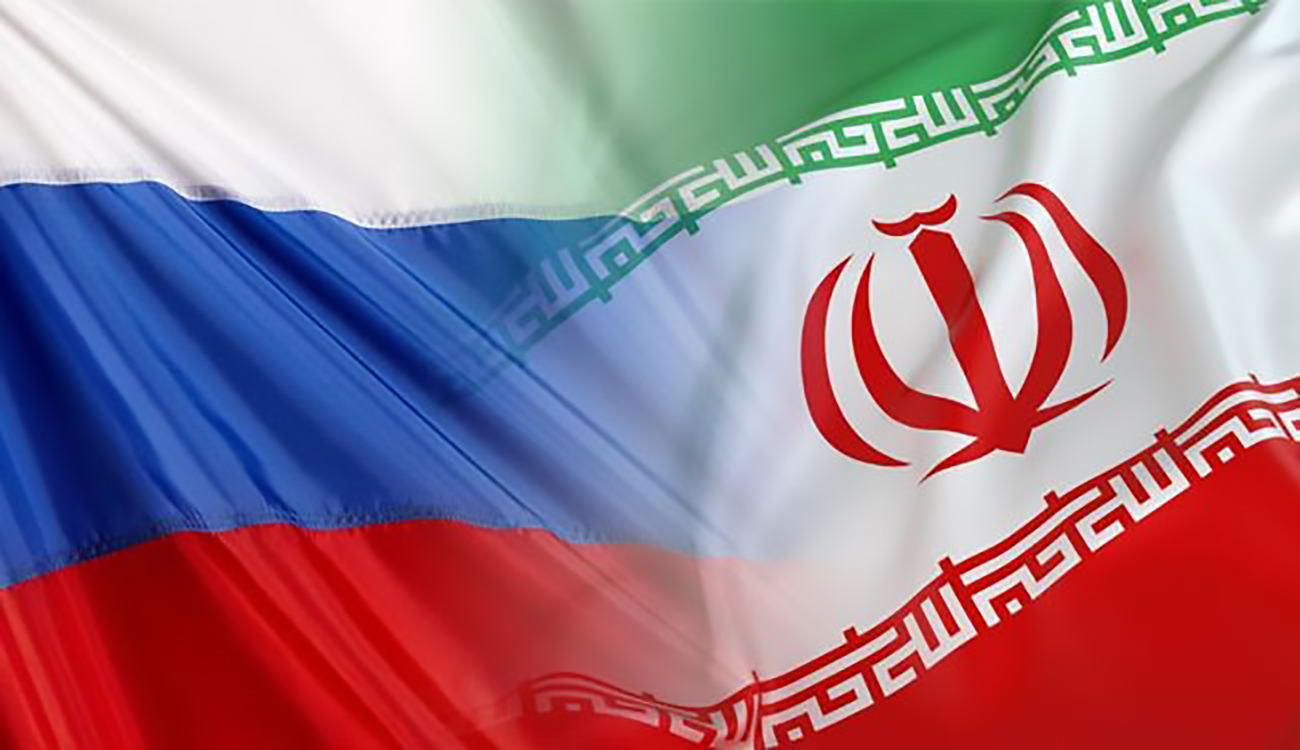
Iran’s Economic Minister Massoud Karbasian in meeting with Russian Minister of Economic Development Maxim Oreshkin announced that the strategic policy for increasing the level of transactions includes the quantitative and qualitative development of economic relationships between provinces of both countries, particularly those adjoining the Caspian Sea.
Abrar Eghtesadi
♦ Army Ground Force Commander: Iranian helicopters can do night missions
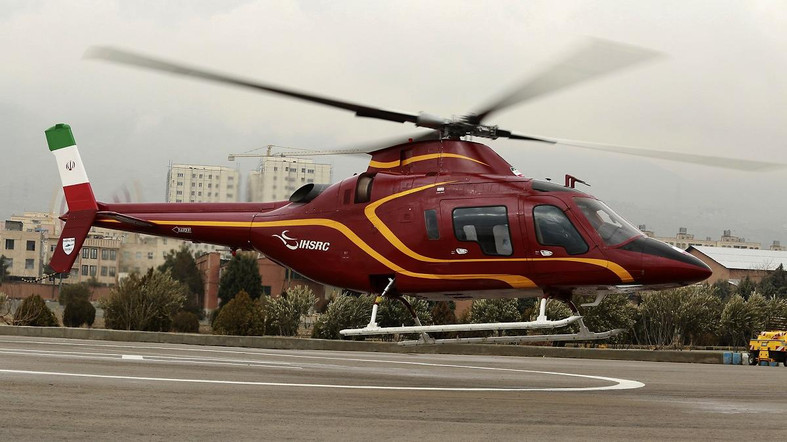
Commander of Iran’s Army Ground Force General Kiumars Heidari making equipment smart, particularly in artillery units, is one of the significant goals in the Army Ground Force, and it has had desirable results so far.
Heidari added that currently there have been obvious advances with regard to helicopters, and they have been equipped with night vision cameras which make possible carrying out night missions.
Khabar online
♦ Shamkhani welcomed French Foreign Minister dressed in military uniform
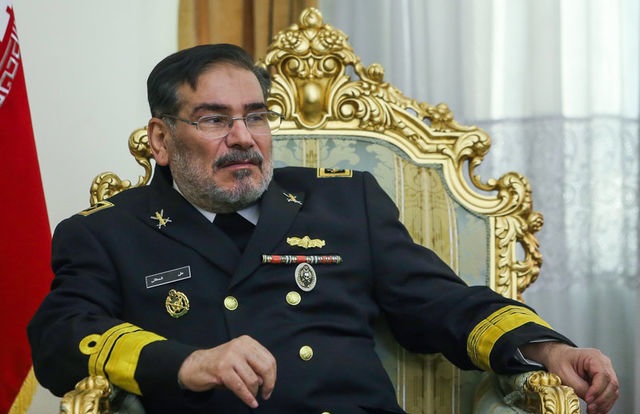
Iran’s Secretary of Supreme National Security Council Ali Shamkhani, unlike previous meetings with foreign officials, welcomed and met with French Foreign Minister Jean-Yves Le Drian in his military uniform. Le Drian’s trip to Tehran took place while he and France’s president have made certain remarks about Iran’s regional role and its missile program.
In his trip to Moscow, Le Drian had said that certain measures must be taken to stop Iran’s missile program from becoming a threat against the region, adding that “we are very worried about Iran’s ballistic missile program.”
Saat 24
♦ Jalali: Ali Larijani has no plan to run for the presidency
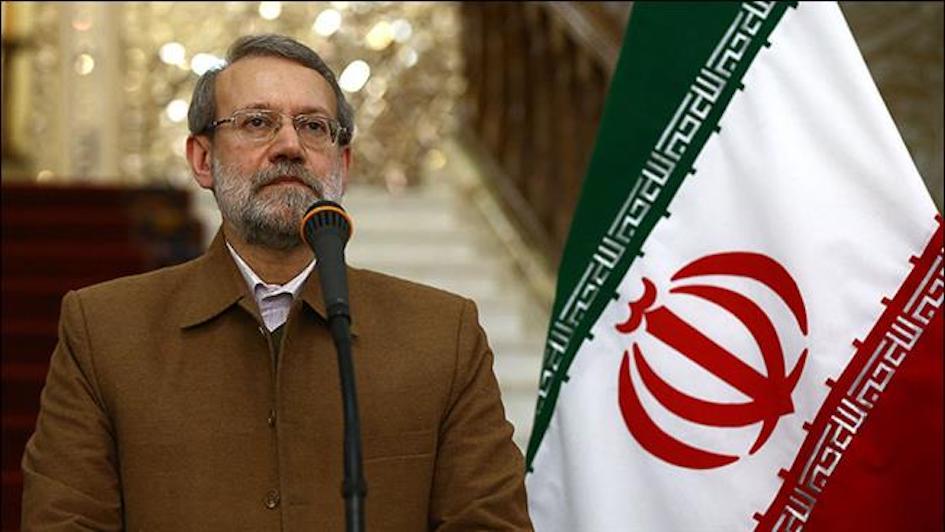
Kazem Jalali, head of Parliament’s research center and close to the speaker of Parliament Ali Larijani, said Larijani is not after creating a party consisting of MPs close to himself and has shown no signs of willingness to run for the presidency in the upcoming election. He then urged that it is too soon to talk about 2021 presidential election, as the 12th government has just started its work, and there are still 3 years and a half left to that election.
Iran
♦ Rouhani called opposing government “unwise”
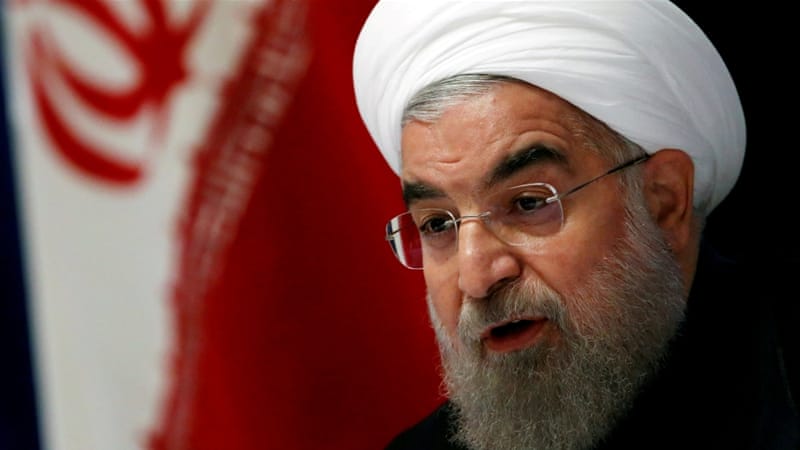
Iranian President Hassan Rouhani considered opposing government unwise, saying that fighting government means fighting national interests; it means fighting people’s interests and targeting hope and trust of the nation. He added that people must greatly trust the Central Bank and banks in the field of economy.
Rouhani urged that when at the beginning of the 11th government there were talks about making inflation rate single digit, many ridiculed the government, not believing that it could make inflation single digit. This was while inflation for the 12-month period was 40%, it was 45% point-by-point, and inflation for food items was 50%. He added that single digit inflation has been realized now – a long-term wish that took 26 years to come true.
Mehr news
♦ Ghassemi: Comprehensive Nuclear Test Ban Treaty has sites or equipment in Iran
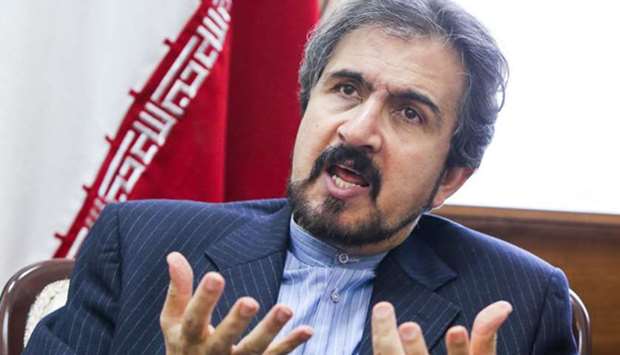
In response to Al-Monitor website as to issuing a permit for exporting monitoring equipment by the U.S. administration to intensify monitoring the implementation of JCPOA and Iran’s nuclear program, Iranian spokesperson of the foreign ministry, Bahram Ghassemi, called this news fake and incorrect.
Bahram Ghassemi added that Iran has signed Comprehensive Nuclear Test Ban Treaty (CTBT), but hasn’t ratified it yet; therefore, this organization has no active site or monitoring equipment in Iran.
ISNA
♦ Omid Fraction met with Mohammad Khatami
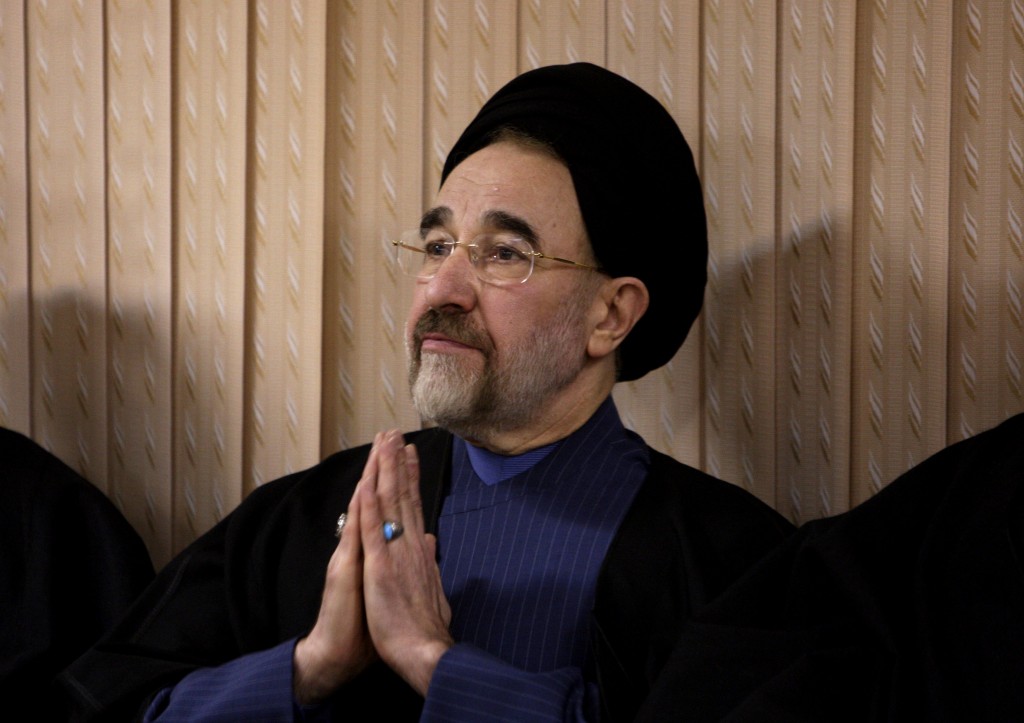
More than 70 members of Omid Fraction in Iranian Parliament met and discussed different political, social, economic and cultural issues with former Iranian president Mohammed Khatami, according to Bahram Parsaee, spokesperson of this reformist fraction. In this meeting, head of Omid Fraction Mohammad Reza Aref had read a report about different issues and also the performance of this fraction.
Bahram Parsaee added that “we talked about people’s expectations from Omid Fraction, as well as promises that were made to people and their rightful expectations from the officials.” At the end of the meeting, Khatami had drawn precise conclusions about the issues, making some observations.
Arman Emrouz
♦ Iran-Turkey cooperation hinders colonialists’ avarice
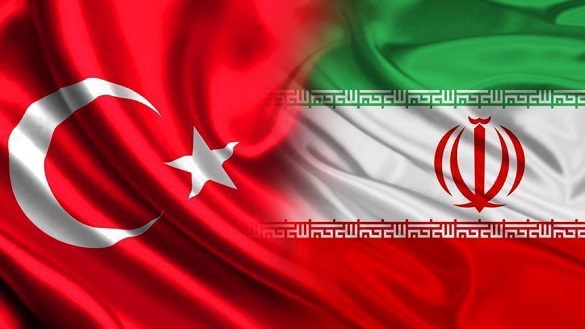
Head of Parliamentary Friendship Group of Iran-Turkey, Ahmad Alireza Beigi, urged that cooperation between the two countries in fighting terrorism and destroying it has been positive and constructive, calling it an obstacle against the “colonialists’ avarice”. In his meeting with head of Foreign Affairs Commission of Turkish Parliament, Volkan Bozkir, Alireza Beigi pointed out to common historical and cultural common denominators, saying Iran and Turkey have high capacities for expanding political, economic, cultural and tourist cooperations, and parliaments of both countries can play a significant role in sustaining and developing bilateral relationships.
Parliament news agency
♦ Iran ready if U.S. pulls out of JCPOA
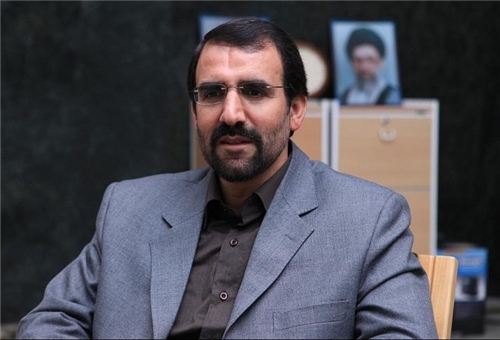
Mehdi Sanaei, the Iranian ambassador to Russia, said Iran knows that the U.S. might pull out of the nuclear deal (JCPOA) and has prepared itself. Sanaei added, “Iran, despite negative view towards stances of western countries, has moved forward with regard to the JCPOA, and has always had in mind the possibility of violation of the nuclear deal by western countries, particularly the U.S.”
Ariya news
♦ Velayati: Iran’s defense case not related to any foreign country
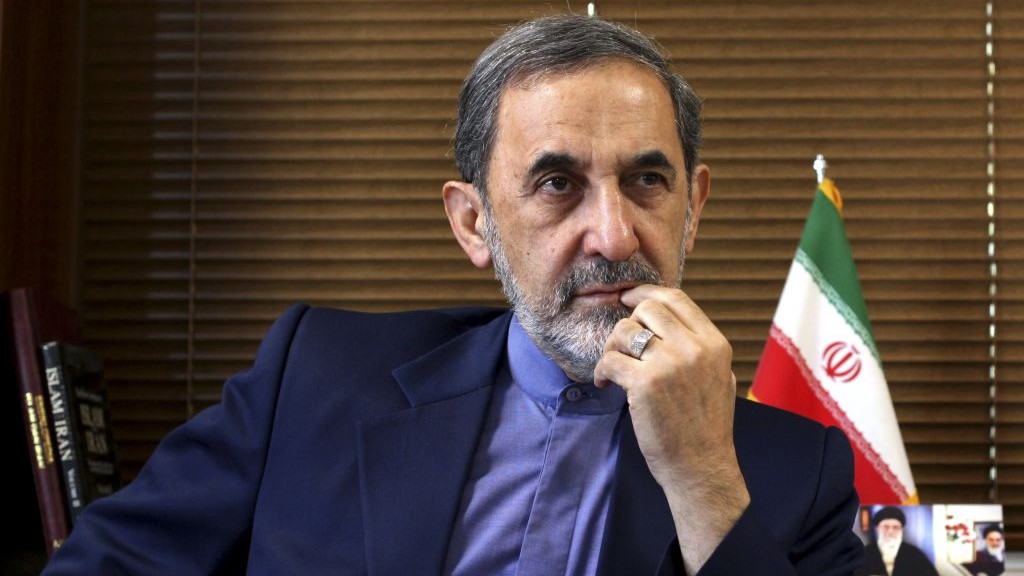
Ali Akbar Velayati, the senior advisor to Iran’s leader in international affairs, said, “our defense issue has nothing to do with foreign countries including France, and they can’t tell us what kind of missile to have.” He added that positions of Iran will be announced by FM Mohammad Javad Zarif and government’s executive officials. According to Velayati, Iran is an independent country that will defend itself as it deems right – with missile or any other defensive weapons, adding that Iran cannot remain indifferent against “increasing arming of countries of the region and the world, while Iran is a big country and one of the most important countries of the region.”
Vatan Emrouz
♦ IRGC spokesperson: IRGC assigned to fight smuggling in Gulf
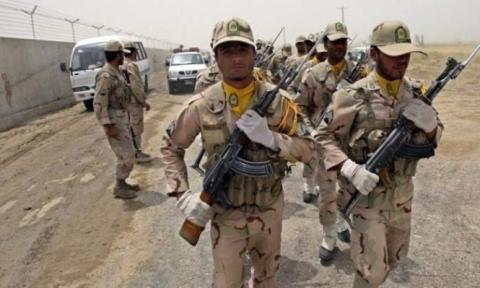
Brigadier-General Ramazan Sharif, the IRGC spokesperson, said Iran’s Supreme National Security Council has assigned the IRGC to combat smuggling in the Gulf, adding that IRGC’s extensive and active presence along the southern borders would help anti-smuggling efforts. Sharif asserted that smuggling goes beyond the economy and has security, political and cultural dimensions.
Interestingly, IRGC itself has been repeatedly accused of having a hand in smuggling goods into the country, and former president Mahmoud Ahmadinejad had even called them “our smuggler brothers”.
Khabar online
♦ Ahmadinejad was against helping Assad
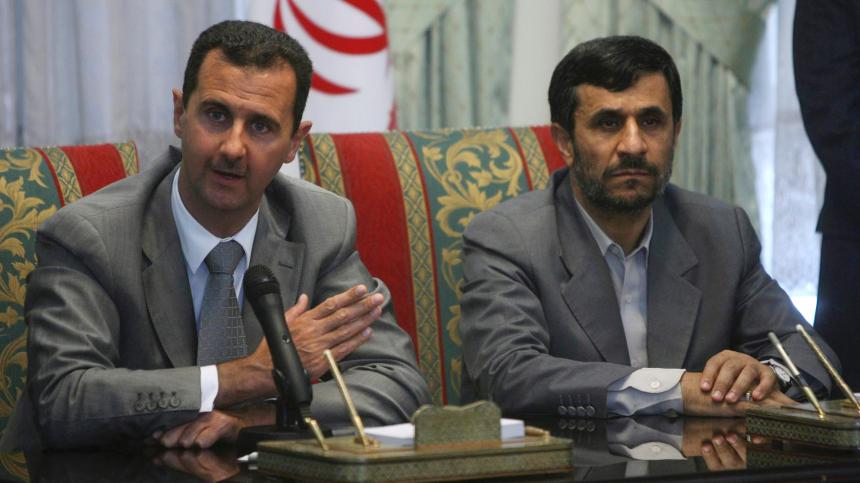
Brigadier-General Hamid Mohebi, deputy to Intelligence of IRGC Ground Force, said when the Syrian war reached the gates and streets of Damascus, some Iranian officials wanted to give up and the then president Mahmoud Ahmadinejad said that “we shouldn’t spend money in Syria because Assad’s time is over.” Mohebi added that Iran had disagreements with Russia over supporting Bashar Assad, while Russians believed in backing Assad’s regime even without Assad himself. He urged “Russian President Vladimir Putin believed in what we said after 4 years.”
As for Vladimir Putin support for Iran, Mohebi said in past several days, “we witnessed Russia’s first veto in the interest of Iran in the United Nations, and I believe Russia’s support for Iran will continue.”
Khabar online
♦ Political talks between Iran and Japan
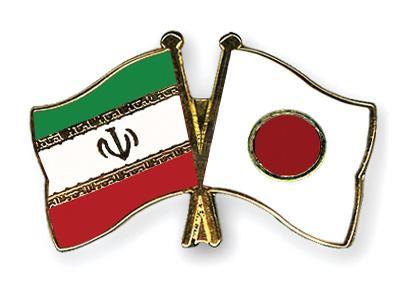
The 25th round of political talks between Iran and Japan was held. This round of talk was between Abbas Araghchi, political deputy of Iran’s foreign minister, and his Japanese counterpart, Takeo Mori. In this round of talk, the latest development in bilateral, regional and international relationships, as well as paths to expanding cooperations, were discussed. In this meeting, Takeo Mori announced Japan’s support for JCPOA and its readiness for expanding the relationship between the two countries.
Shargh
♦ Iran to sign 3 oil contracts
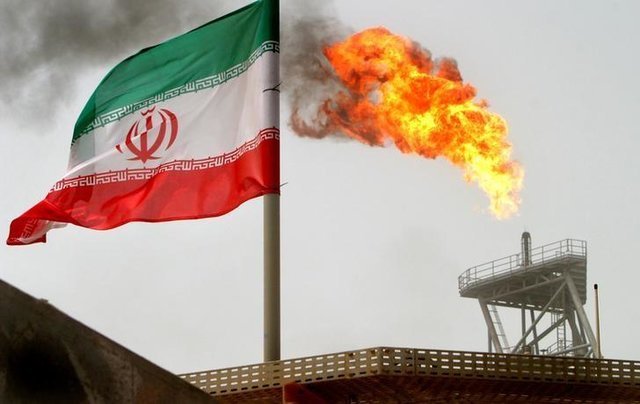
CEO of Iran’s National Oil Company Ali Kardar announced drafting 3 oil contracts by the end of Iranian year [March 21, 2018], saying that in new contracts the winning companies will be in charge of drilling north Azadegan oil field for 20 years. This oil field was discovered in 1997 and is close to Majnoon oil field in Iraq.
Abrar news
13 thousand deaths in road accidents
In the first 10 months of the Iranian year, 13,874 people lost their lives in road accidents, which shows almost 1% increase compared to the same period last year.
Ebtekaar
♦ Insulting behavior towards Zarif in Croatia
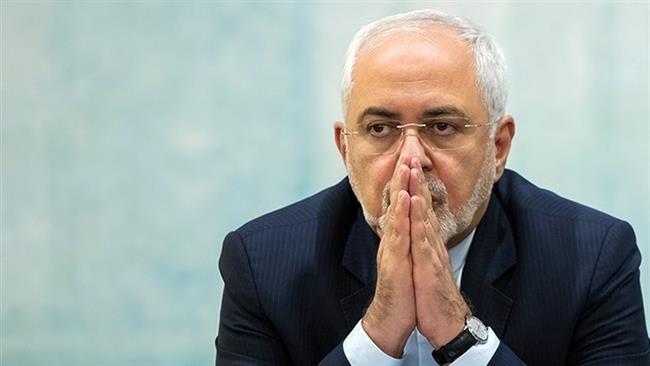
Following the offensive measures of German companies in not giving fuel to the airplane of FM Mohammad Javad Zarif, none of the Croatian officials came to the airport to welcome Iranian foreign minister in this country. According to a footage of Zarif’s trip to Croatia, only Iranian ambassador to Croatia Mohammad Reza Sadegh and several officials of Iranian embassy were present in the airport. In this footage, Mohammad Reza Sadegh said it was due to cold weather that Croatian officials hadn’t come to the airport to welcome Iranian foreign minister.
Vatan Emrouz
